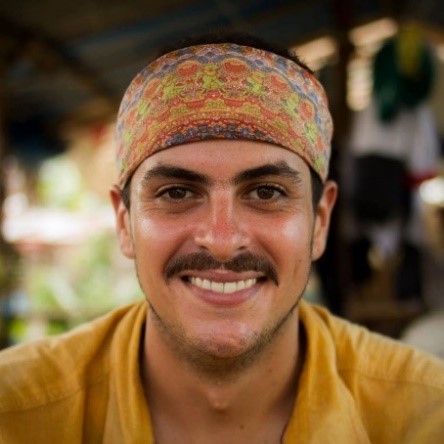What is ‘Manu’? Exploring local imaginaries of place around Peru’s biodiversity hotspot
Speaker: Eduardo Salazar Moreira
Victoria University of Wellington
The rainforests of Manu, in Peru, hold high levels of biodiversity and abundant natural resources. For a long time, these forests have been inhabited, managed and preserved by several groups of Indigenous people. Nonetheless, Manu’s abundance in resources has motivated the interest of powerful institutions that have attempted to impose their notions of development and conservation for several decades. These attempts at imposing changes from the outside have not produced an overall positive result, as communities remain economically poor and unsympathetic towards conservation. The unsatisfied needs of the people of Manu have recently incentivized popular support for the expansion of the only road in this area. This is expected to improve conditions for local communities but could also make Manu even more accessible to illegal logging and cocaine trafficking, as well as increasing deforestation dramatically.
Among all these prospects for change, little attention has been paid to what marginalized actors think or aspire to, despite how this could reveal useful alternatives to strategies that have failed so far. Therefore, the research I propose aims to adopt a political ecology stance to explore the processes through which the diverse imaginaries around Manu are being negotiated in a context of change caused by road expansion.
Biography:
Eduardo is studying for the PhD in Geography, focusing on the political ecology of conservation, development and Indigenous rights. Born in Lima, in the coast of Peru, he had a brief career in the Peruvian not-for-profit sector, which concluded with two years working in the Manu province of Peru’s southern Amazon. After this, Eduardo began his research about road expansion in Manu as part of the MSc in Environment and Development at the University of Edinburgh in Scotland. The dissertation that resulted from his master’s is soon to be published as a short book with Dr. Marcela Palomino-Schalscha as co-author. Eduardo’s continued interest in the case of Manu, where some of the world’s most biodiverse protected areas are surrounded by poverty-stricken communities that depend on logging for a living, has taken him to focus his PhD research on place-making in the Manu province.

